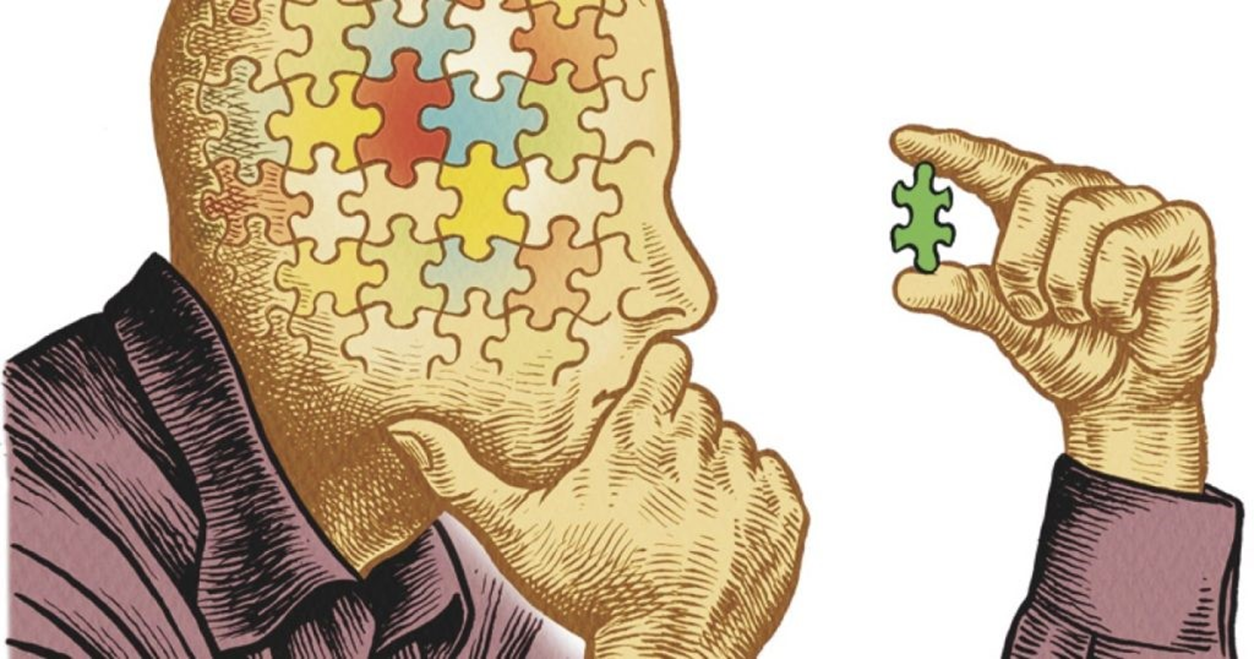Welcome to the fourth in our series Five Vital Skills for Project Managers – Critical Thinking. We have already looked at Communication, Leadership and Organisational Skills.
What is Critical Thinking?
Critical thinking sounds negative, as if you are constantly criticising everything. This is not the case. Critical thinking is the ability to reason and to question ideas and assumptions. It is the ability to identify, analyse and solve problems systematically, rather than by intuition or instinct.
This is an essential skill when you are under pressure or when faced with new challenges. We can be quick to jump to conclusions or overlook important detail, and critical thinking can help us in this respect.
Anyone can develop excellent critical thinking skills. It just requires you to step back and be aware of how you are approaching a problem. Skills that will enable you to do this well are:
Observation / Curiosity
By observing what is going on, paying close attention, and looking beyond the surface, you will be able to spot potential problems and notice opportunities. You will also notice clues that others might miss. This will help you understand the problem and its cause.
Curiosity may have killed the cat, but it will definitely help you understand more so that you can make logical connections. Whether it is through watching, asking questions or self-learning, a little bit of knowledge about how things work on your project goes a long way.
Analysis
To prevent you jumping to conclusions, it is vital to gather all the data available and then take time to understand and interpret it. This will enable you to focus on the most important and relevant information and draw reasoned conclusions.
It is crucial at this time to remain objective and non-biased. A cognitive bias is an unconscious error in judgment you make due to a built-in inclination or prejudice. Cognitive biases exist because our brains need to take shortcuts to process the vast amounts of information needed to make decisions.
Generally, these shortcuts are helpful. Occasionally however, our brains create shortcuts that lead to irrational thinking. Cognitive biases are the irrational ways we search for, interpret, evaluate, and use the information to make decisions. Two examples that often occur in problem solving are:
Confirmation bias – this is when you are more attuned to information that confirms what you already believe to be true. You may write off or ignore information that conflicts with your existing belief.
Anchoring bias – this when you rely too heavily on the earliest information you learned about a topic as a reference point.
Ask yourself: “How did I come to that conclusion?” It might open you up to opportunities you had ruled out because of previous biases.
Communication
A key tool you have available to improve your critical thinking is your willingness and ability to question people to understand information and different points of view. Open questions will help to explore an idea fully and uncover potential opportunities or weaknesses in an argument.
Alongside questioning, you also need to actively listen to be able to read between the lines and derive whether the message holds any evidence. Active listening is not just hearing, it involves being mindful. You need to reason as you listen so that you concentrate on facts and not assumptions. In addition, you need to suspend judgement until you have heard the evidence and fully understood the speaker’s perspective.
Another key area of communication is your ability to explain things clearly and concisely, focusing only on the most important and relevant detail.
Problem Solving
Critical thinking will enable you to understand the core issue of a problem and generate and qualify options. By applying a systematic process to problem solving, you will be able to ensure that ideas are well thought out and judged to be effective. You will also be able to see the wider impact of solutions or actions.
In conclusion
It is important to think critically in this day and age. This is because so much information is available, and you need to figure out what is and is not true.
Today’s workplace places emphasis on data-driven decision-making, which makes critical thinking a skill which is more important than ever. Whenever something does not add up or doesn’t seem right, a critical thinker will want to figure out why.
Critical thinking leads to better decision making. It also makes you and your project more efficient and successful. This concludes our look at Five Vital Skills for Project Managers – Critical Thinking.
For more information about this topic, take a look at our Project Management and Strategic Decision-Making courses.



